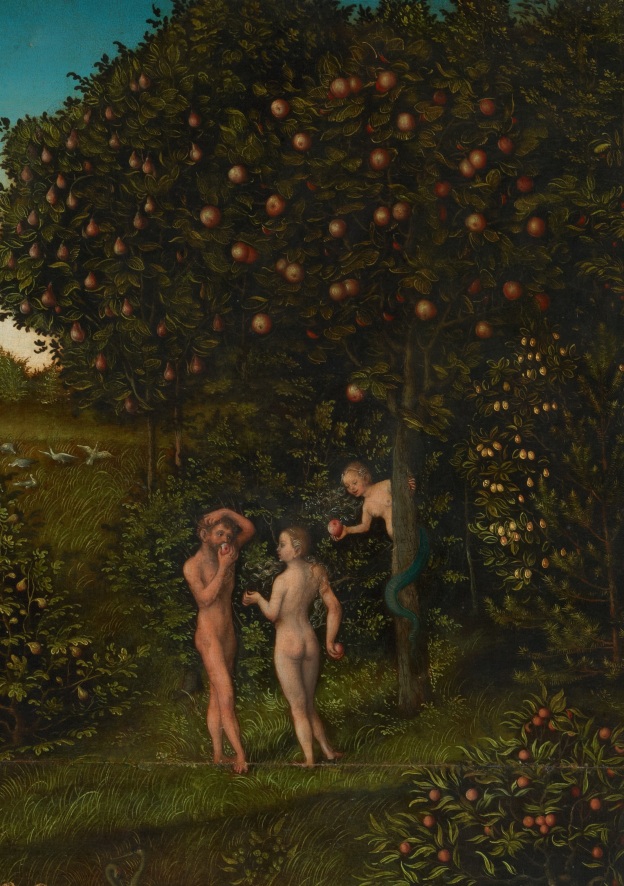We skeptics are not immune to spreading misinformation.
I like this guy.
We skeptics are not immune to spreading misinformation.
I like this guy.
Next up in Why I’m Not a Christian: Paul is not persuasive of the historicity of Jesus’ resurrection.
(This post won’t be very in-depth, vs. my last one in this series. When I was doing the research that led to my deconversion, I looked into this topic in more detail than I will represent here, but I thought it best to include this for completeness. Also, it was a while ago, I forget a lot of the details, and I’m not planning on digging into that minutiae again just for this post, so if I make any mistakes, feel free to point them out.)
As far as biblical evidence for the supposed resurrection of a divine Jesus, besides the gospels, the writings of and about the apostle Paul are also cited by Christian apologists. They refer to his Damascus road conversion experience, and his claims of witnesses of the resurrected Jesus.
In short, my rejoinder is that most rational people disbelieve that other people’s religious visions are of supernatural or spiritual origin – at least when the claims don’t align with our own already-held beliefs. To do otherwise would be special pleading. Perhaps we could be persuaded, Continue reading
I think this is a great idea, and I’m really interested to see it come to fruition. You can learn more about it at the project’s Kickstarter page.
https://www.kickstarter.com/projects/1465829500/christian-mythology-for-kids
…We wanted to introduce our children to christianity in a way that doesn’t threaten them or coax them into thinking these stories are real. Children’s books about Greek and Roman Mythology are wonderful, exciting stories that inform and entertain. Christian Mythology for Kids follows this format, but with a religion that some people still view as true.
Exploring and discussing common Christian myths in a safe environment gives children an unbiased understanding before they encounter it in their daily lives. Christian Mythology for Kids also answers questions that children may have after hearing what their friends or relatives have to say. This book tells the story of each myth, followed by a brief logical or scientific explanation as to why it is mythology.
We can also learn from some of these stories that have an Aesop’s fables quality, like David and Goliath. We can take the lesson and leave the religion behind.
Continuing the journey – now we begin to get to the meat of Why I’m Not a Christian (WINC).
As mentioned in my first two posts, my angle of investigation for investigating the truth claims of Christianity was questioning the historicity of the alleged resurrection of Jesus. Continue reading

Continuing the journey…
I suppose I didn’t tell the whole story in What Started My Questioning. That was what brought the question, “Is this really true?” into focus. But there had been at least a few more ideas rattling around in my brain that led me in that direction.[1]
Now, as a deconvert, I consider these ideas as sort of “soft evidence” against the Christian meta-stories and truth claims. (Harder evidence is yet to come.)
Fellow deconverts, please bear with me below, as I won’t bother to insert “allegedly” or “ostensibly” everywhere. But believers – don’t get any ideas – like thinking that I still believe somewhere deep down. It’s just shorthand.
“Whatever you do, don’t eat from this big pretty tree in the middle of the garden. Now I’m going to leave you alone for a while…” Continue reading

As I prepared to begin phase 2 of my research – examining the truth claims of Christianity and the Bible – I quickly determined that regardless of where my investigation led, these would be my new foundations for belief.[1]
Along with the evidence (and lack thereof, in some cases), these ideas would later underpin the reasons “Why I’m Not a Christian” (WINC). Continue reading
I only alluded to this in my first post. (The quotes below are from the same.)
Not too long after graduating [from a conservative evangelical Christian university], I became pretty frustrated with what the Christian life was for me – especially with my “overactive conscience”. So I just kind of “set my faith aside”. I regret that now.
That cognitively dissonant phase – from my early 20s to my early 30s – was not the questioning. They were quite separate, overall. During that time, I generally didn’t really doubt the (supposed) truth of Christianity. I “just couldn’t do it anymore”.
Some events came to pass recently which forced me to face that cognitive dissonance that I had lived with for several years.
Yes, the verb tense is a not-so-subtle hint.
My first post contains a brief summary of my conversion experience (“Background”). After that, I can think of three main reasons:
I presupposed both God’s existence, and that he had revealed himself to humanity. Continue reading
I’m a crappy blog host.
I’ve got quite a bit to say, but don’t want to let it trickle out in comments here. Continue reading